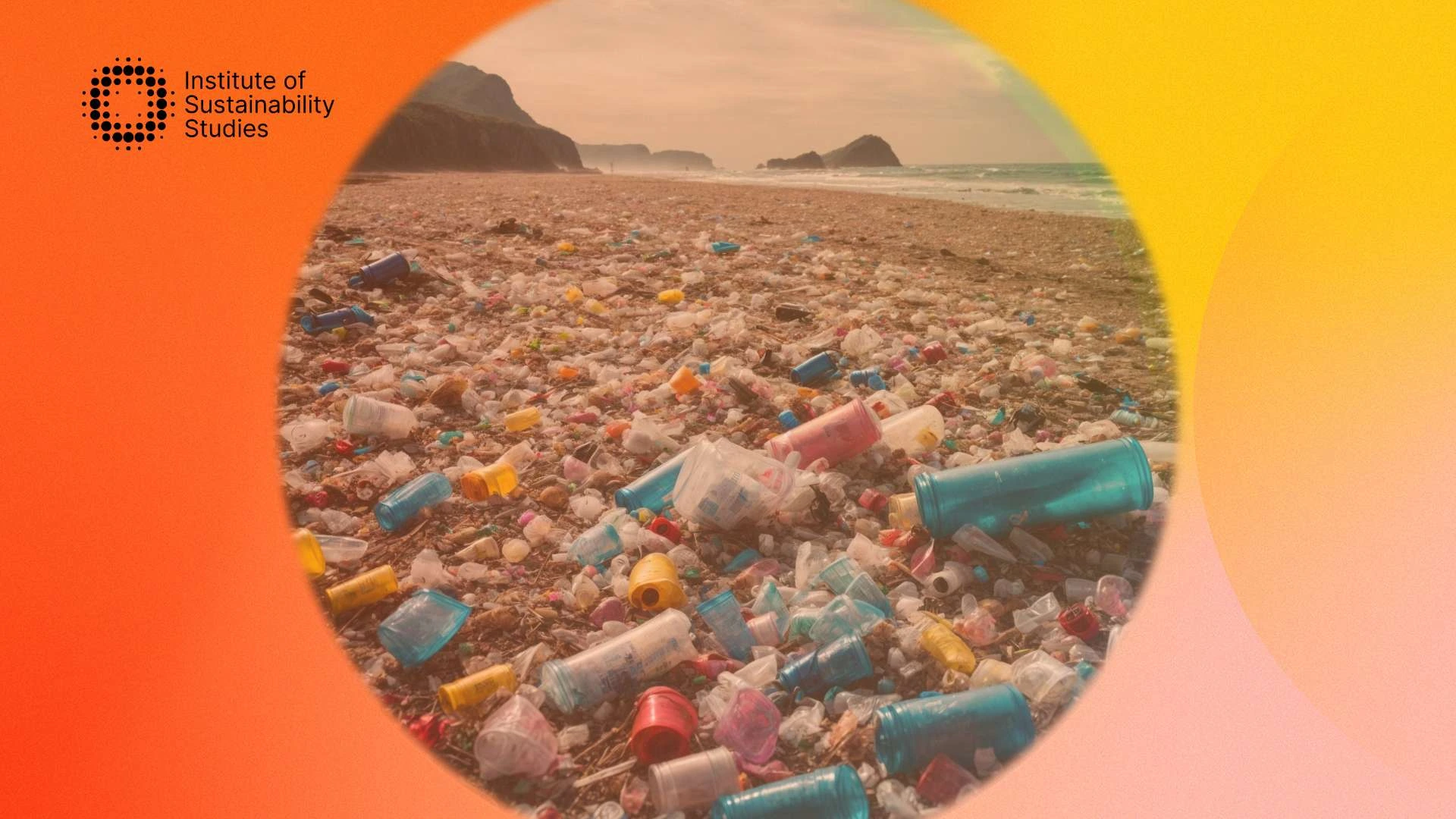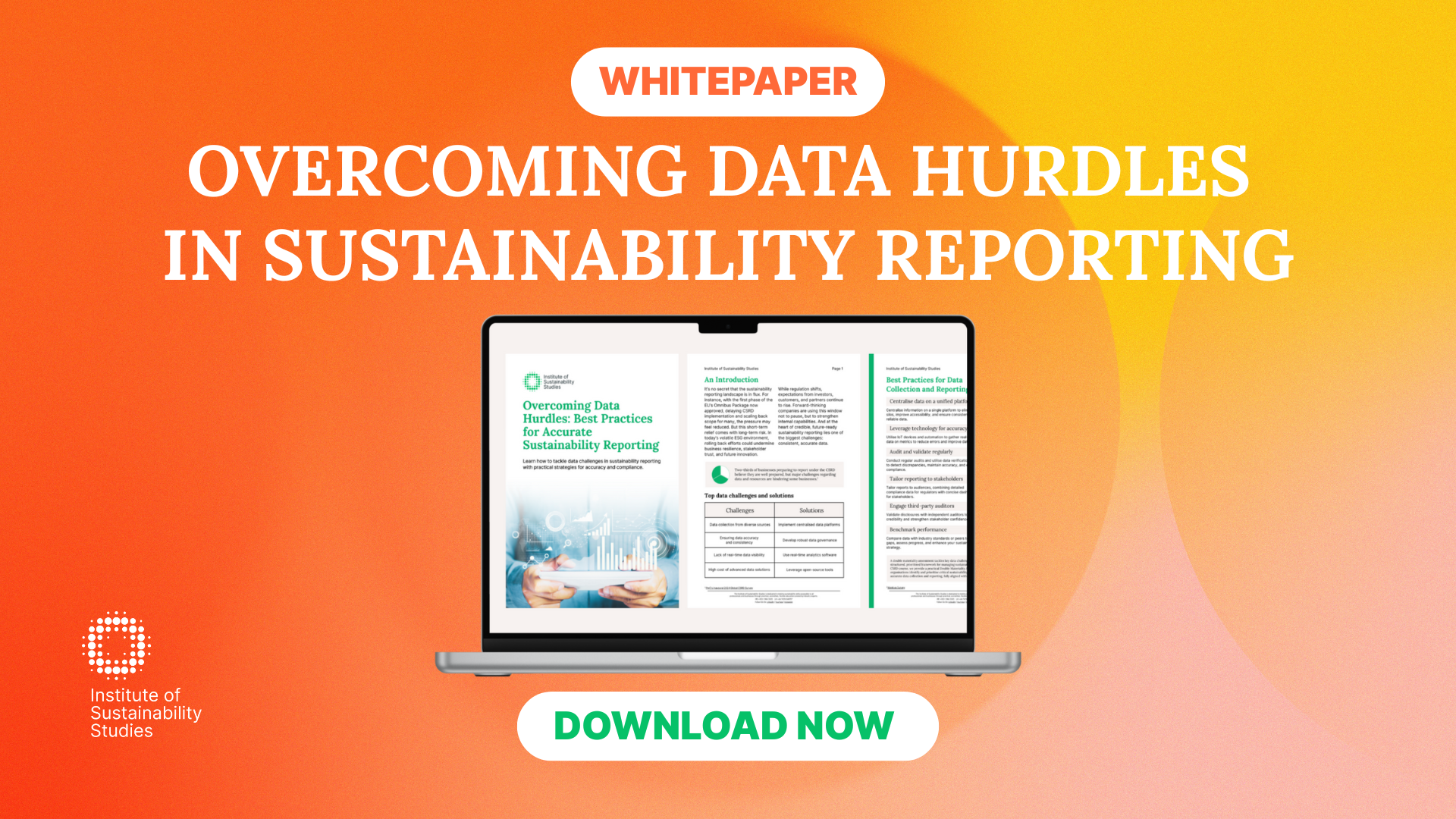The B Corp standards have undergone a significant overhaul, setting a new global benchmark for purpose-led business. Released by B Lab Global, the seventh edition of the B Corp certification framework introduces mandatory minimum performance requirements across seven critical ESG areas. It also mandates continuous improvement and strengthens accountability for large multinationals.
B Lab, the non-profit behind the widely recognised B Corp certification, said the changes reflect four years of consultation, including more than 26,000 pieces of feedback from businesses, experts, and stakeholders. With over 10,000 Certified B Corps globally, including more than 2,400 in the UK, this shift marks a pivotal moment for the future of corporate sustainability.
What’s changed in the B Corp standards?
The updated B Corp standards replace the previous scoring system with a model that requires companies to meet specific thresholds across seven key “Impact Topics”:
- Purpose and Stakeholder Governance
- Fair Work
- Justice, Equity, Diversity & Inclusion (JEDI)
- Human Rights
- Climate Action
- Environmental Stewardship and Circularity
- Government Affairs and Collective Action
Companies can no longer compensate for weak performance in one area by excelling in another. This more rigorous, holistic approach is designed to raise the floor, not just the ceiling, of business impact. Each topic includes between 20 and 124 required actions, depending on the company’s size, sector, and region. To maintain their certification, businesses will now also be required to demonstrate ongoing improvements across these topics, with third-party assurance likely to become mandatory.
Empower your teams to confidently communicate sustainability with practical online training
Greater scrutiny for larger corporations
One of the key drivers of the standards revision was growing concern over the inclusion of large multinationals with complex supply chains. The update introduces tougher thresholds for companies with over 1,000 employees or annual revenue above $350 million.
These businesses must now:
- Trace the environmental and human rights impacts of their top raw materials
- Disclose gender wage gaps
- Link executive pay to ESG performance metrics
This is a response to criticism from smaller Certified B Corps and campaigners who argue that B Lab’s previous policy allowed large firms to certify subsidiaries without taking responsibility for wider corporate practices.
What it means for the future of certification
B Lab has positioned this standards overhaul as a response to both internal demand and external ESG pressures. The new B Corp standards align more closely with global frameworks such as the Science Based Targets initiative and the Global Reporting Initiative, potentially allowing B Corp assessments to serve as a reporting framework under upcoming EU ESG mandates.
“We are confident that the new standards are clear, ambitious, and truly capable of raising the bar for businesses worldwide,” said Judy Rodrigues, B Lab Global’s Director of Standards. Companies already certified have until 2028 to transition to the new requirements, with new applicants able to certify under the older system until the end of 2025.
Final thoughts
The revamped B Corp standards are more than just administrative changes; they represent a philosophical shift. In a business landscape increasingly scrutinised for greenwashing, these standards reinforce that sustainability and ethical governance must be embedded, measurable, and continuously evolving.
For companies serious about building long-term value while meeting stakeholder expectations, this update signals a new era of impact accountability. As businesses globally look to strengthen their ESG strategies, the new BCorp framework offers a credible, transparent path forward.
Marek Wystepek is the Enterprise Sales Executive at the Institute of Sustainability Studies, bringing a wealth of experience in strategic growth, commercial sales, and enterprise partnerships.
With a consultative sales approach and a deep understanding of diverse markets across Ireland and the UK, Marek is passionate about helping businesses advance their sustainability education. His entrepreneurial mindset and proven track record in driving business success make him a key asset to the team.
- Marek Wystepekhttps://instituteofsustainabilitystudies.com/insights/author/marek/
- Marek Wystepekhttps://instituteofsustainabilitystudies.com/insights/author/marek/
- Marek Wystepekhttps://instituteofsustainabilitystudies.com/insights/author/marek/
- Marek Wystepekhttps://instituteofsustainabilitystudies.com/insights/author/marek/









